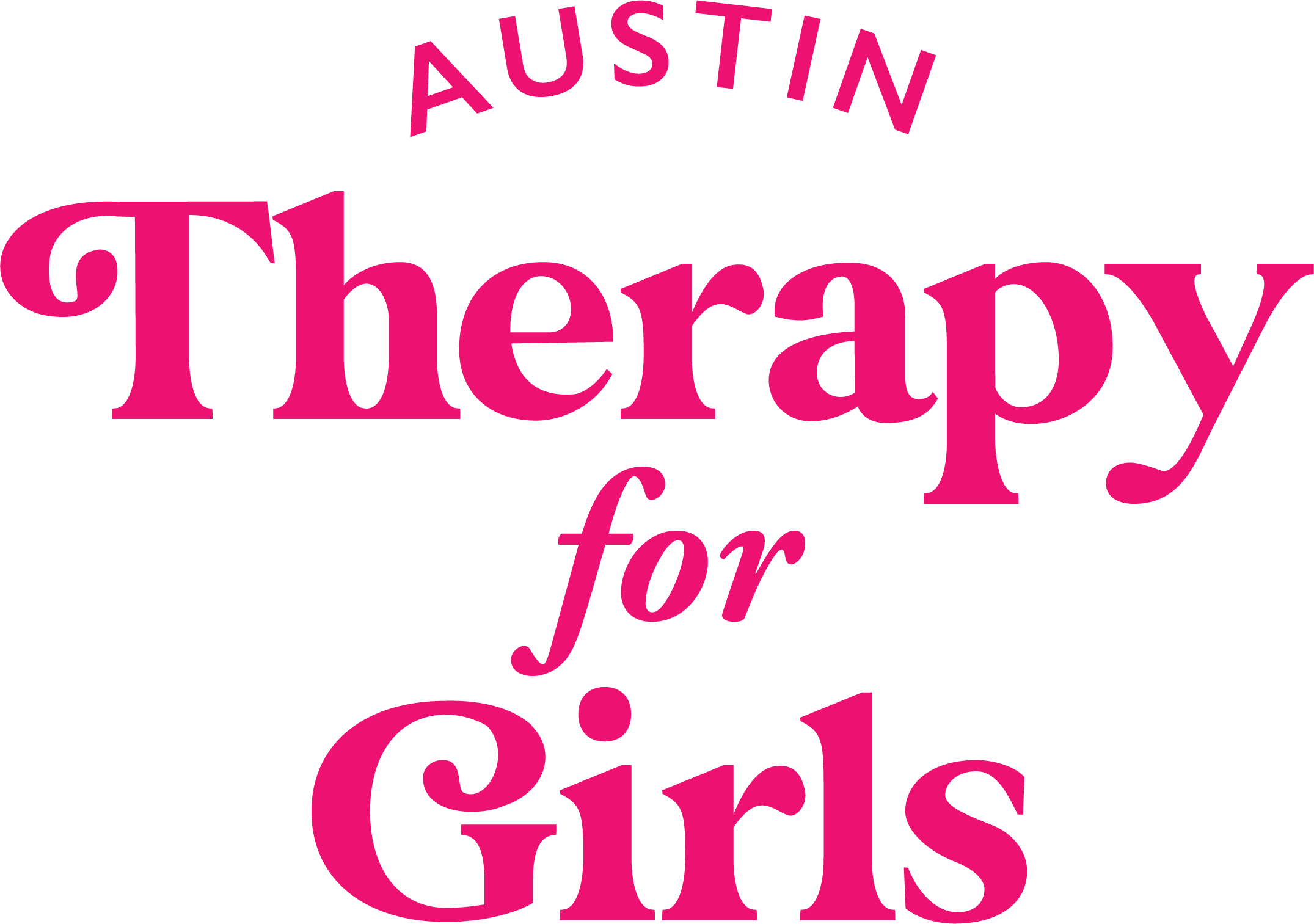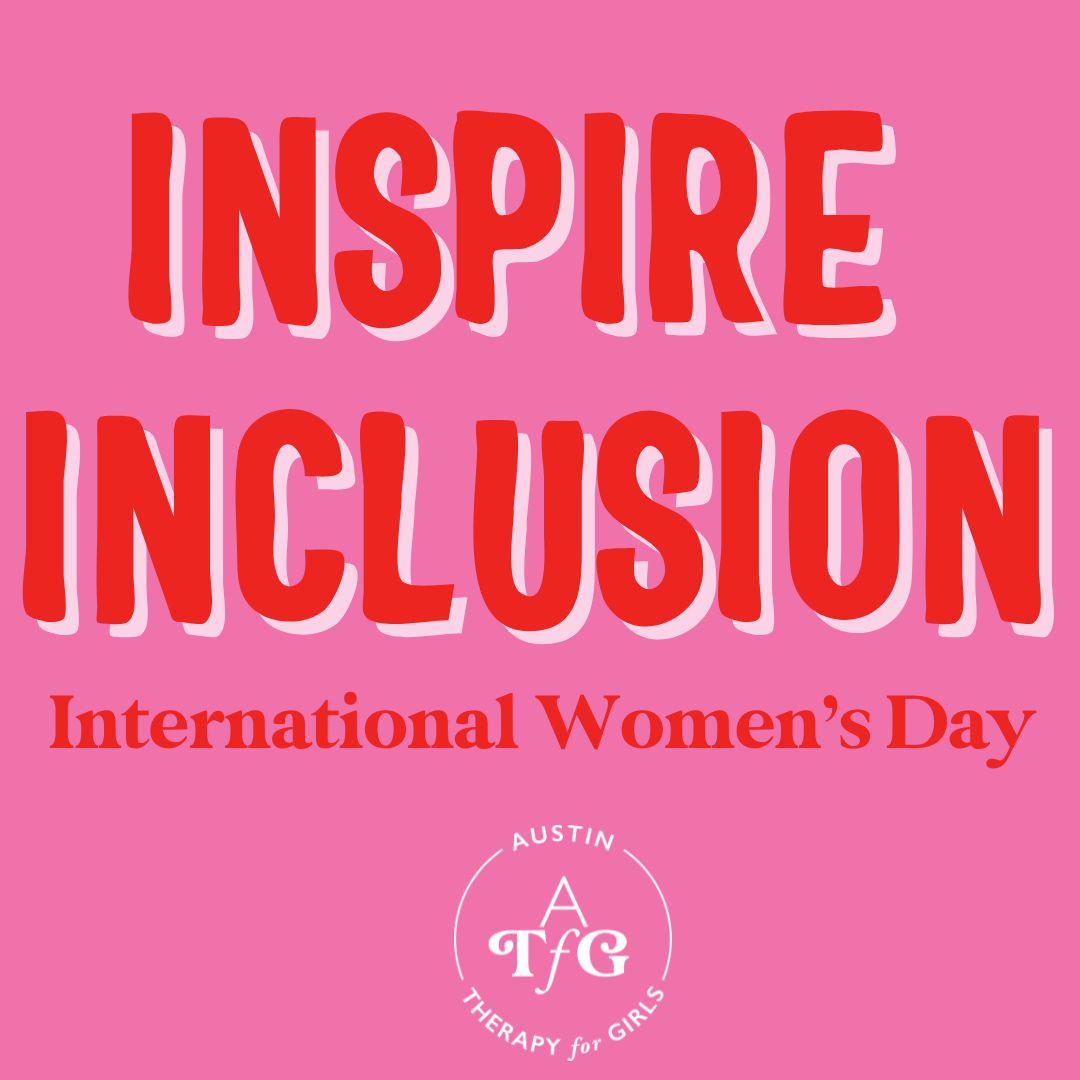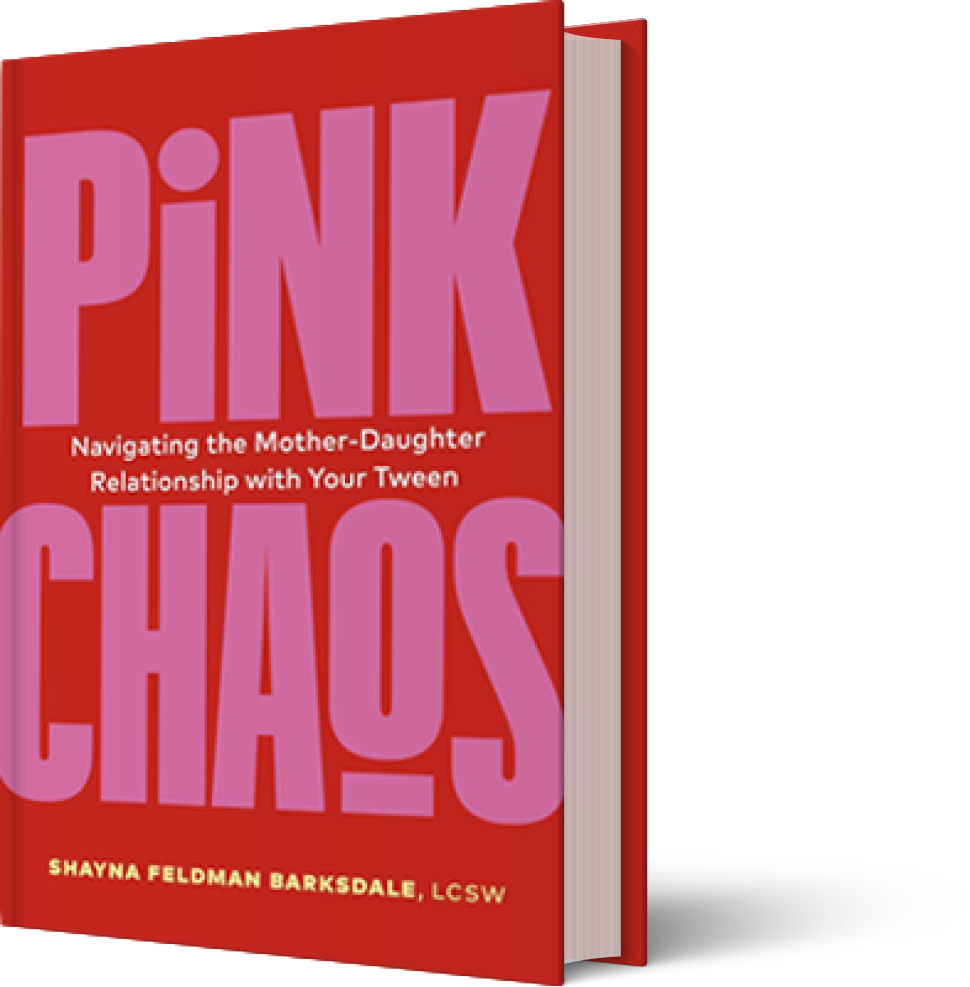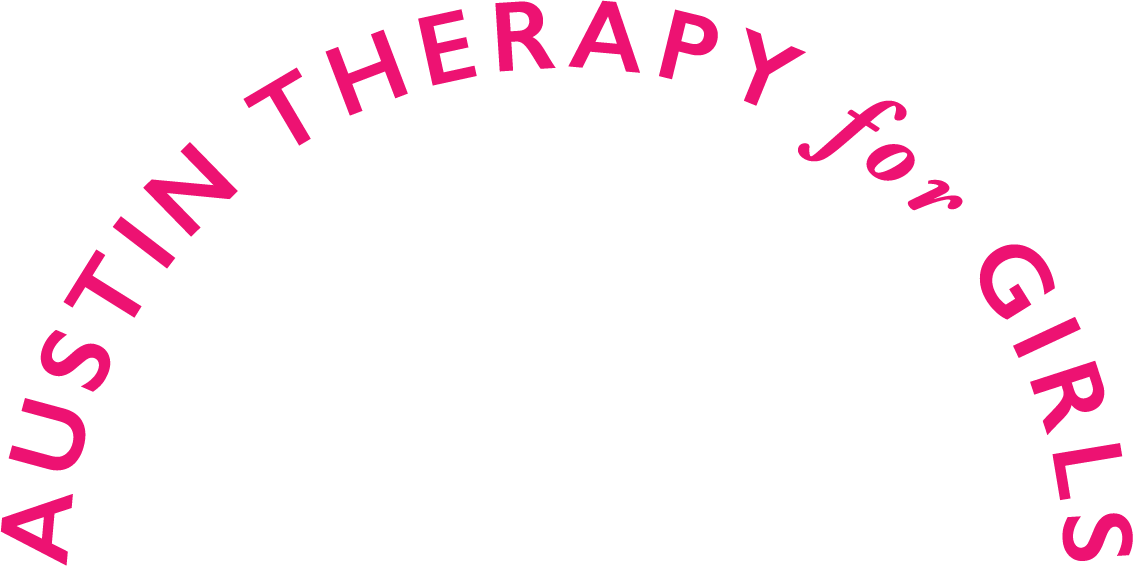International Women’s Day 2024 #inspireinclusion
As the bluebonnets bloom in Austin, Texas, painting the highways with their vibrant hues, it’s a time eagerly awaited by locals. Amidst the blossoming flowers, a wave of mixed emotions hits, triggered by the latest health challenges faced by women. As a therapist specializing in women, tweens, and teens, the link between physical and mental health becomes crystal clear. With discussions in the news about women’s health …..attack on what seems to be everyday rights. Discussions on our cozy pink couches delve into mysterious physical symptoms like headaches and stomach issues, leading us to ponder: what’s going on in our minds that’s making us feel this way? As we celebrate International’s Women’s Day and the theme this year is # inspireinclusion, one of the suggestions on their website is to inspire inclusion by helping women and girls make informed decisions about their health. I don’t know about you but I’m not feeling it. Last time I went to the dr’s office the first thing they did was put me on a scale then take my blood pressure, (WTF). And of course what did I do: I said nothing and then blamed myself for being so picky about going to the dr’s office and the couple of pounds I had gained.
Venturing down the research rabbit hole ,yes it was a fun weekend at my house 🙂 it becomes apparent that women often fall ill due to their nurturing nature and the pressure to please everyone. While being a people pleaser and caregiver might earn you praise, the internal struggle can be draining. The stats paint a grim picture – women bear the brunt of autoimmune diseases, chronic pain, insomnia, and mental health issues at a higher rate than men. The pressure to suppress emotions and prioritize others takes a toll on well-being, perpetuating a harmful cycle.
Self-Silencing
Let’s dive into the world of self-silencing! Did you know that a whopping 80% of autoimmune diseases strike women? They battle a whole bunch of health issues like chronic pain, insomnia, and migraines, not to mention mental health struggles like anxiety and depression. When ladies hush up their feelings and ignore their needs, it’s like a storm on their well-being. Somehow society’s rulebook celebrates self-silencing, making it tough for women to break free. Young gals get a pat on the back for being chill, while moms get praised for being super selfless, almost to the point of forgetting themselves. It’s a cycle that needs smashing! Enter Gabor Mate and his eye-opening book “The Myth of Normal.” He spills the tea on how society’s gold-star traits can actually be pretty harmful. Mate shines a light on how putting others first can lead to a rocky road for women, affecting their health big time. He’s all about waving goodbye to the norms that push self-sacrifice as a badge of honor. His message? Ladies, it’s cool to put yourself first without feeling guilty! By recognizing the damage of neglecting self-care, we can aim for a balanced life. Remember, real strength comes from taking care of numero uno first, setting the stage to support others from a place of true well-being. And hey, a survey found that nearly half of teenage girls hold back their true thoughts to fit in. But bottling up our true selves can lead to the blues and a sense of disconnection. Let’s break the silence and embrace our authentic selves!
Another coping mechanism that tends to affect women’s health is self blame.
Self-blame
Self-blame is like playing a blame game with yourself when a stressful event hits you like a ton of bricks. It’s like your brain’s way of pointing all the fingers at you, affecting how you feel and act in tough times. This self-blame party is a common reaction to stress and can mess with how you handle things. It’s even buddies with depression, shame, and self-disgust. Since self-blame is a regular guest in the after party and has a starring role in our feelings, let’s dive into how this not so fun game affects tween, teen and young adult girls along with their caregivers. We know self-blame is highly associated with burnout, hello Senioroists. If you know a Senior in high school this year, you know exactly what I’m talking about.
There is no easy plan on stopping or reducing self silencing or self blame: and it does seem if women complain about something especially related to our health we are labeled a” Karen”, I happened to know several lovely women named Karen by the way.
-
Feelings check-in
Recall the moment when Elmo asked, “How are you doing?” and received genuine responses, creating a significant sense of connection. Engaging in simple emotional check-ins can help reduce self-silencing. Our team frequently utilizes effective methods such as sharing “happies and crappies” in group settings and another favorite is the Rainbow Check-in developed by an art therapist, here’s the link on her website. while individual sessions involve using a reliable feelings chart for emotional check-ins. Growing up with a therapist mother, I learned that “fine” and “I don’t know” are not emotions – gently encouraging this practice can become a valuable habit.
-
Acknowledging and Validating Anger
Unexpressed or unresolved anger can lead to various mental health challenges like anxiety, depression, OCD, and eating disorders, and may even result in self-harm or suicidal thoughts. Supporting loved ones in expressing their anger is a crucial step towards healing. It can be challenging, especially when faced with yelling, screaming, or the silent treatment, all of which are indicators of pent-up anger. Validating anger for yourself and your daughter is a significant part of the healing process. Simple affirmations like “It’s okay to feel angry” or “I understand you’re angry” can work wonders. Emotion-focused Family Therapy offers a webinar dedicated to this topic.
-
Embracing Authenticity Over Niceness
Letting go of the urge to always be “nice” can be a challenging shift, particularly when niceness is deeply ingrained in your upbringing or culture. While being friendly and maintaining a laid-back vibe is valued, it’s essential to prioritize authenticity over pleasing others. Balancing authenticity with kindness involves setting boundaries when needed, such as saying a simple but honest “No” or admitting when you’re overwhelmed.

Dive into our EMOTIONS Poster and enjoy a whirlwind of fun with it! Keep an eye out for Bagel, Shayna’s trusty sidekick!






